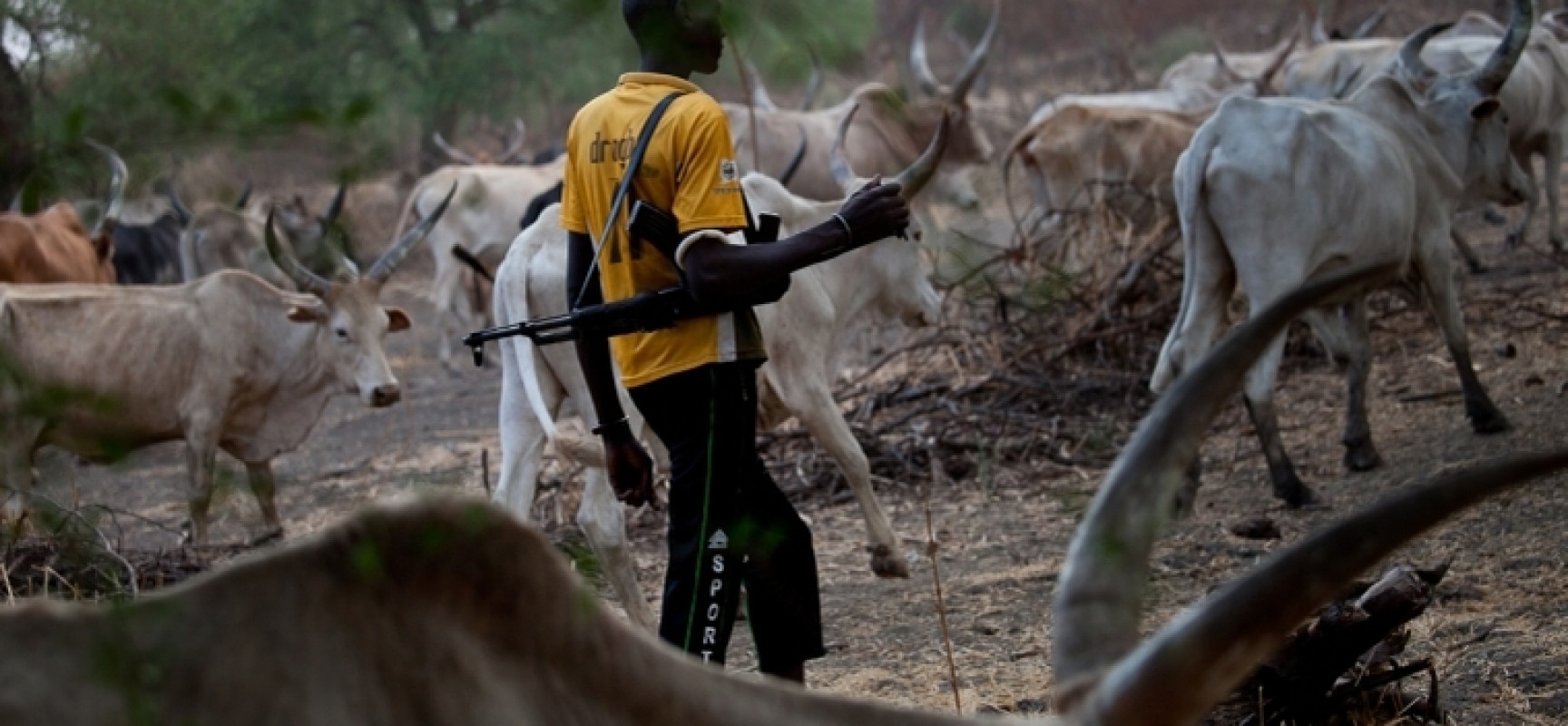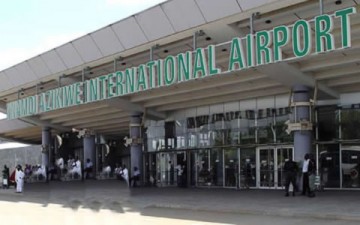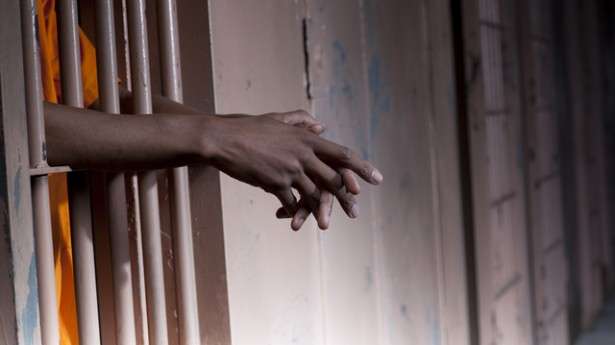Chuddy Ugorji, the initiator of the Nigerian version of the Mavrodi Mondial Moneybox ponzi scheme, popularly known as MMM, has fled the country with his wife, Amaka.
Unconfirmed reports said the MMM Number one Guider has absconded and relocated to the Philippines.
Ugorji allegedly fled the country while many investors were awaiting anxiously to be paid back their money with the agreed interest.
His relocation came barely 24 hours after he released condition for the payment of some three million Nigerian investors.
He had given the impression that the Ponzi scheme had started paying outstanding mavro (money) to Mavrodians (participants of the scheme).
Meanwhile the scheme on Wednesday issued new guidelines on its blog.
Here are the new MMM guidelines:
1. As a necessary measure, we decided to set limit to withdrawal this week thus the N31,000 maximum withdrawal on your PO.
2. We are still committed to prioritise paying smaller amounts first and gradually increase the amount to higher ones.
3. The system does the calculations and knows how to calculate everyone’s mavros.
4. Between Friday that we opened and today, hundreds of thousands of GH orders have been matched.
5. More and more GH orders will be matched as time goes on. If you see error notification when trying to GH, just keep trying.
6. PH to GH is still a suggestion to be tabled before Sergey Mavrodi for consideration. Disregard any info suggesting that you must PH to GH till further announcement in your PO.
7. Freezing of bonuses for now is another suggestion to be tabled before Sergey Mavrodi for his consideration. Which means if approved, you will only be able to GH your personal contributions for now until the system recovers and stabilizes.
8. Another suggestion for consideration is whether Mavro growth should stop on the 30th day or continue till you GH your confirmed PH.
9. How early the system recovers depend on our positivity. If we work to make it recover, it will recover in a very short time. Don’t spread panic.
10. Let’s do more promo tasks to create further awareness that MMM Nigeria is open, working and paying.
11. We will keep you informed of any updates as soon as possible.











